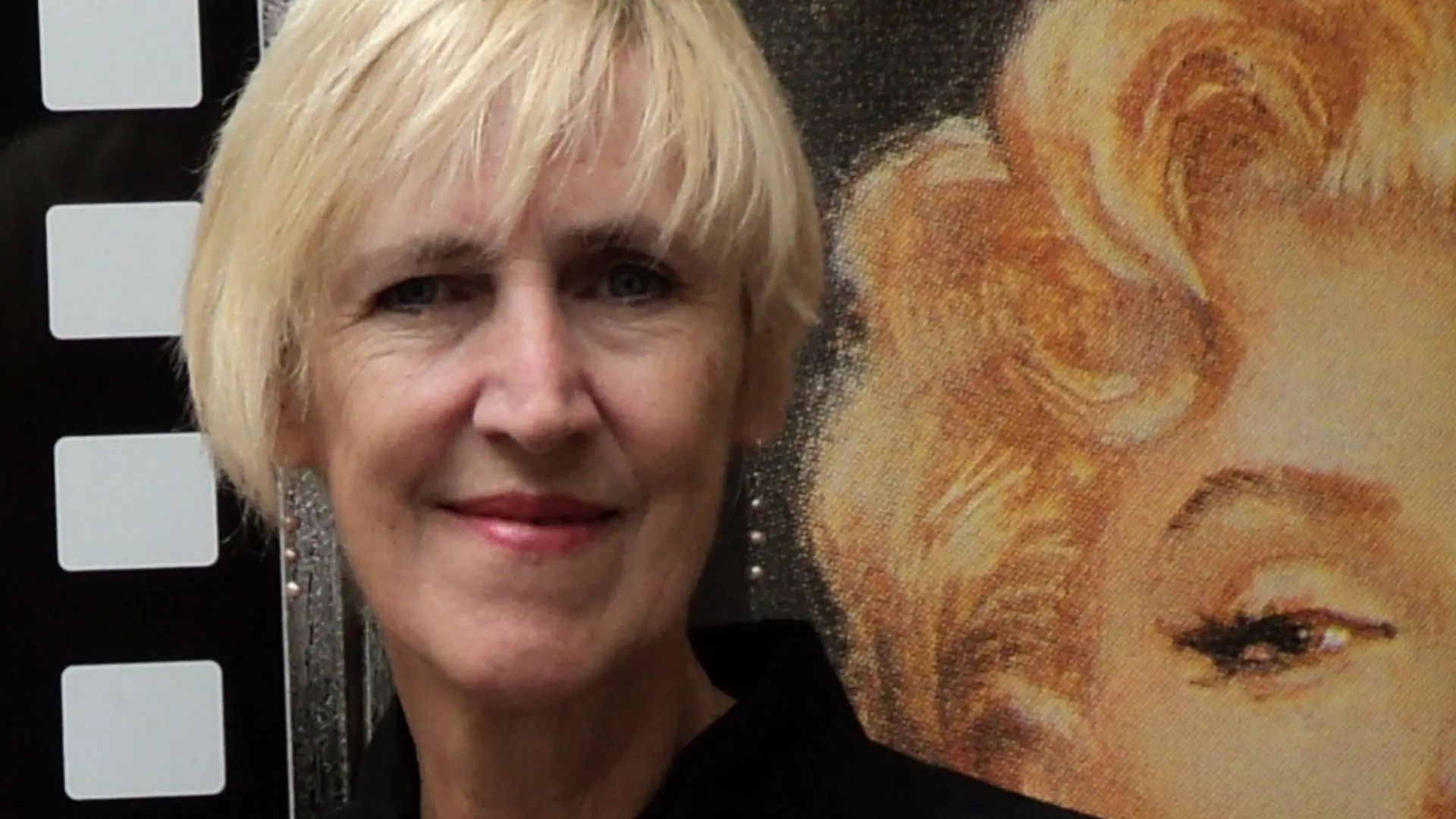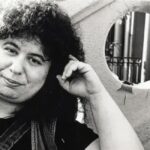Writing crime novels is similar to becoming immersed in the lives of others who did not receive justice in their real lives. Writing crime fiction, on the other hand, allows you to live the lives of victims for whom you fight for morality. Most of the writers don't move ahead. They consider how to begin and what is wrong and right in writing. Most of them also had no idea what genres they were best suited for writing. However, finding inspiration for writing is simple, as discussed by Lin. Lin Anderson, the award-winning crime novelist, is best known as the…...
⭐ This is a members-only story
Get full access to all members-only stories by joining for just $5/year.
💬 Meet Our Members

Khushi Barman
I'm a 22-year-old Indian psychology student. I have a strong interest in…

Julia Orozco
Poet who love nature and writing poetry.

Dr. B.H.S Thimmappa
B.H.S. Thimmappa is a seasoned chemistry professional with extensive experience in developing…

Lukesh Umak
Lukesh writes about his favorite topics, such as essay, poems, health, fitness,…

Samridhi Ahluwalia
Samridhi is a 17-year-old poet and student who writes bilingual poetry under…

Sindhu Gopalkrishnan
I love writing as I get to create something beautiful and touch…
Support independent journalism. Your membership keeps us going.
Writing crime novels is similar to becoming immersed in the lives of others who did not receive justice in their real lives. Writing crime fiction, on the other hand, allows you to live the lives of victims for whom you fight for morality.
Most of the writers don't move ahead. They consider how to begin and what is wrong and right in writing. Most of them also had no idea what genres they were best suited for writing. However, finding inspiration for writing is simple, as discussed by Lin. Lin Anderson, the award-winning crime novelist, is best known as the creator of Scientist Rhona Macleod. Furthermore, the majority of her books were created for ITV.
In the conversation, she discussed her daily writing routine, and how rewriting means to her. Lin has adapted a unique yet popular strategy to write and rewrite her work. Therefore, being a crime writer, she feels it is a chance you get to have justice at their heart. However, writing crime scenes as living the life of others and with their hopes, dreams, and experiences.
Being a crime novelist, how does ideas of crime comes? Do you dream of crime or, based on current crime news, you read and develop a plot?
Lin: The opening scene of each of my books has always come to me as a visual image. The location may be rural or urban, but the place itself immediately becomes a character in the story, essentially providing the question that drives the tale.
What if you were stranded on top of Cairngorm at Hogmanay in a snowstorm? (Follow the Dead). What if a storm drove an abandoned cargo ship against the cliffs at Yesnaby on the Orkney mainland? (The Killing Tide). Once I’ve decided the location, everything arises from it.
Your father served as a detective. However, since your childhood, you started developing crime ideas, or it was indeed your interest rather?
Lin: I read a great deal as a child, in particular Enid Blyton stories of the Famous Five, where children solved mysteries that an adult couldn’t. I went on to read other English crime novelists, Agatha Christie and PD James. However, my biggest inspiration was William McIlvanney, who became the father of Tartan Noir with the Laidlaw trilogy. He inspired Scottish crime writers to write in their own language, about real Scottish people and landscapes, and inspired Ian Rankin, Val McDermid and many others.
Tell us about your daily routine, how your day start and ends. How do you gear with your writing? If you are working on more than two novels and some short stories. Tell us a way of handling the multiple works productively.
Lin: When I first became a writer, I was still teaching full time, so I wrote in the evenings. Once I left teaching, I wrote during the day. The Rhona MacLeod novels require a lot of research in forensics, and in the places the stories are set, which range from Glasgow to Orkney to the Western Isles, such as Skye.
I also studied for a Diploma in Forensic Medical Science so that I might understand better the world in which Rhona worked. I write the opening scene as envisaged, without knowing what happens next or who committed the crime. I therefore enter the crime scene as Rhona does. As she discovers things, so do I.
What is your favourite novel you have written, and why do you love it?
Lin: Probably Driftnet which began the series. In it, I first came across Rhona MacLeod and have been intrigued by her ever since.
Most of your novels and stories only talks about death, life, and blood. How do you find association and inspiration with these words?
Lin: All crime novels have justice at their heart. In real life, justice is often not achieved. Writing crime novels puts you the writer in charge. It’s also a way of experiencing the lives of others, their hopes, and dreams. They also reveal societies at first hand and cross all class boundaries.
Before you were a published author, how many rewrites you had for your first novel, and short stories? Does rewriting is essential? And according to you, how many times one should give time for rewriting?
Lin: I began in literary short stories, which were published in collections or recorded for the radio. From there I wrote a play and a few short films, one of which, River Child, won the Celtic Film Festival Best Drama award. I moved into full-length film briefly before writing my first novel, Driftnet. I write and rewrite continuously. Some people write a full first draft. I re-draft every day and don’t move on until I’m happy with it. Hence, when I reach the end, it’s ready to go to my editor.
Who is your inspirational author and one quote from them that always makes your day as a new beginning in the world of writing.
Lin: I explained earlier about Willie McIllvanney and Laidlaw. In Rhona’s case, she has a quotation at the beginning of every notebook, which inspires her. It’s by Gladstone.
"Show me the manner in which a nation or a community cares for its dead and I will measure exactly the sympathies of its people, their respect for the laws of the land, and their loyalty to high ideals."
You being a most successful author, what message you would like to give to aspiring writers? And, the formulas for daily motivations.
Lin: Never give up and write the sort of story that you like to read.












